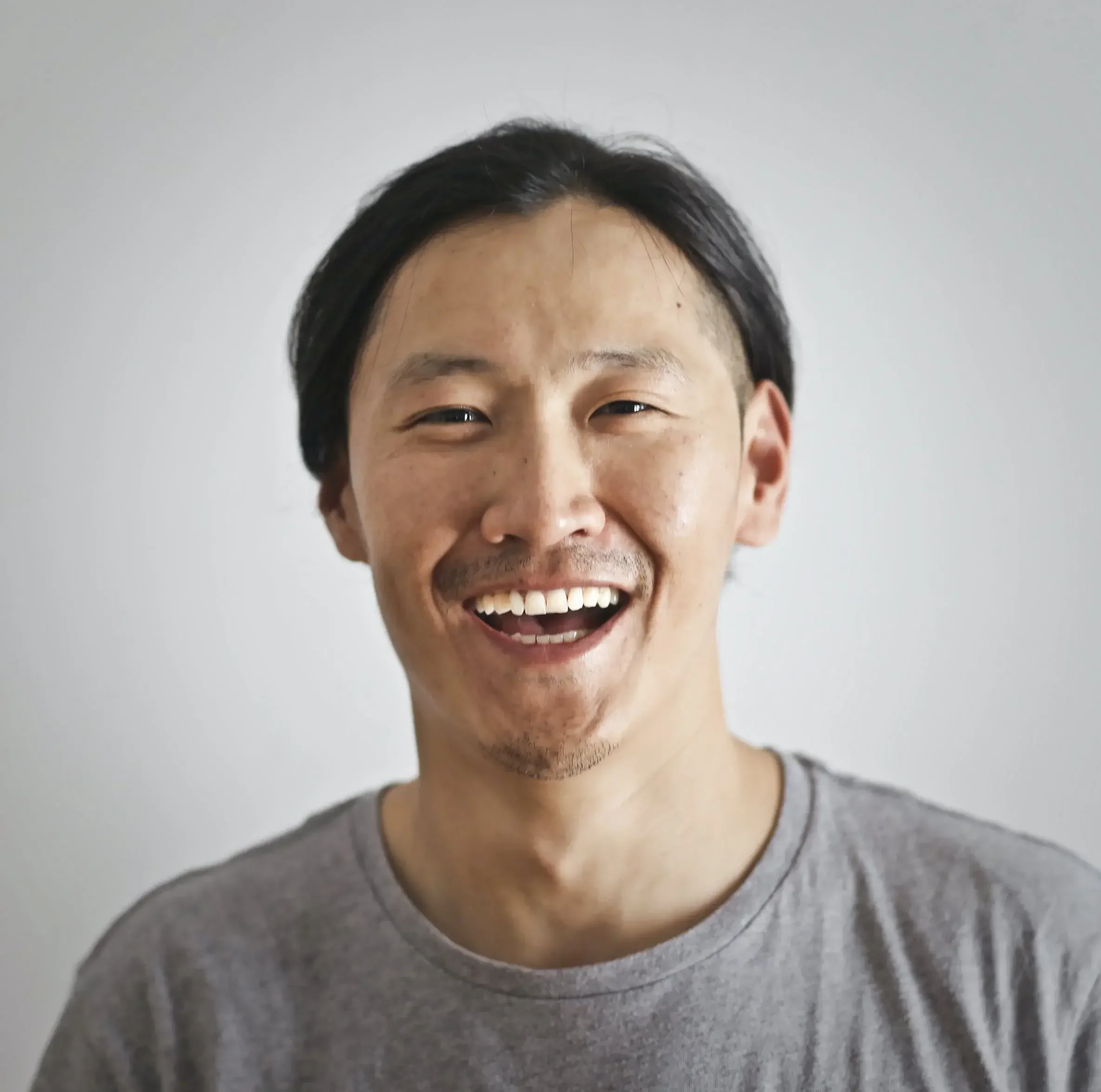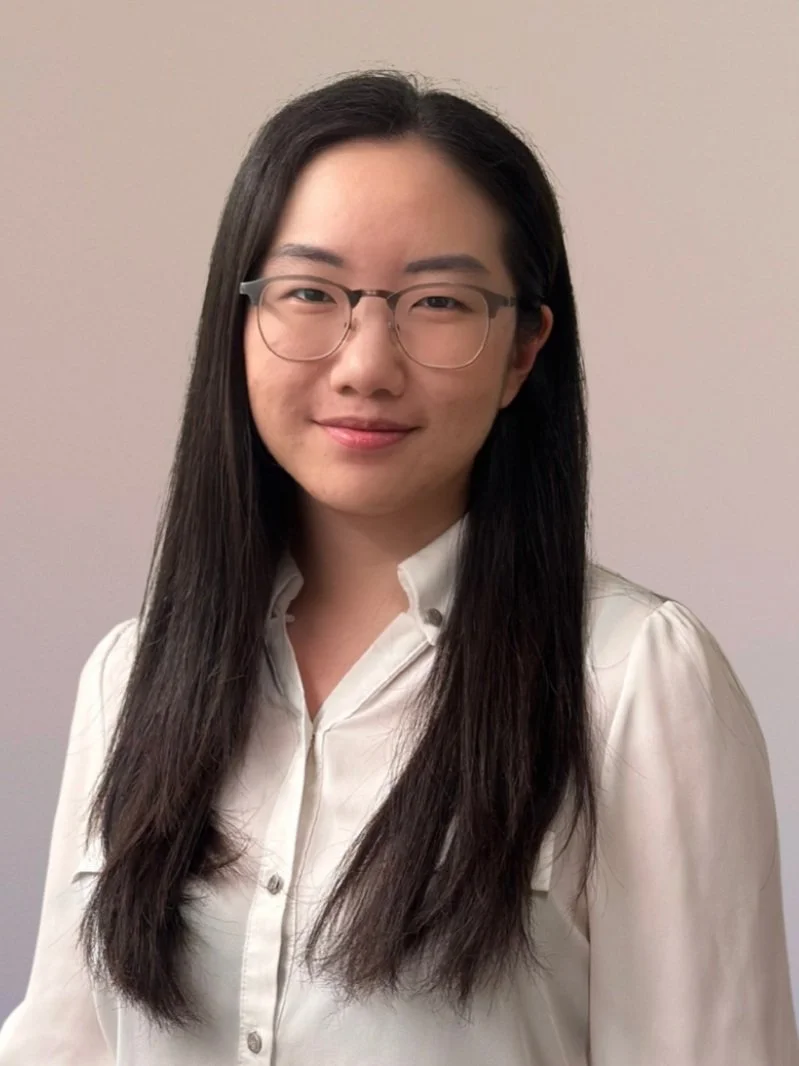
Are You Struggling With Intense Pressure To Succeed?
Do you feel unfulfilled despite achieving impressive grades or a prestigious job?
Does it seem like you’re emotionally disconnected from yourself, your family, and your culture?
Have you been trying to find a way to make sense of your inner world while still honoring where you came from?
Maybe you’re torn between cultural expectations and your personal desires. You strive to live up to high expectations, yet you end up feeling like you’re losing touch with who you really are.
Perhaps you’ve checked off all the boxes for external markers of success, yet your stellar academic performance and professional accomplishments haven’t brought you a sense of true fulfillment. Sometimes, you might find yourself lying awake at night, wondering if all of the effort is worth the stress, anxiety, and loneliness.
You may feel burdened by shame or guilt when you fall short of impossible standards, or silence your true feelings to avoid disappointing your family. As you push through classes or work with a smile on your face, you secretly battle with culture shock, imposter syndrome, depression, and perfectionism.
Deep down, you wish you could understand yourself beyond your culture’s ideals, feel like you’re “enough,” and open up to your family without damaging your relationships. At Repose, our East Asian therapists are deeply attuned to the cultural patterns that have influenced your inner life and mental health, and in counseling, we’re here to help you untangle inherited patterns while staying connected with your roots as an Asian-American, immigrant, or international student from Asia.
East Asians In The US Often Face Bicultural Stress
Compared to other racial and ethnic groups, Asian-Americans are the least likely to reach out for mental health support. In a given year, only 8.6% of Asian-Americans sought mental health services, and only 23% of adults in this group with a mental health condition received treatment.
Why do so many Asian-Americans hesitate to seek therapy? Stigma, cultural taboos, and a lack of culturally competent therapists are among the most prominent reasons that Asian-Americans often suffer in silence.
Cultural values like collectivism, filial piety, and “saving face” can make emotional vulnerability feel like a form of betrayal. On top of it all, you might be carrying unspoken generational trauma and lack the precise language to convey your experiences, whether in English or your family’s native language.
Even if you’re ready for support, you might worry that you’ll feel unseen or invalidated by therapists who don’t understand the nuances of your background. Our team is ready to guide you through a wide range of challenges, including:
Giving yourself the grace to heal, and letting go of the shame around seeking help and expressing your emotional pain
Healing from burnout and shifting your energy towards pursuits that make you come alive
Recovering from trauma that has been passed down through your family and rewriting generational patterns
Honoring the spirit of your cultural values without becoming emotionally burdened by traditions or beliefs that you don’t align with
You deserve the opportunity to pursue healing with someone who understands your struggles and takes you seriously.
Have any questions? Send us a message!
At Repose, Our East Asian Therapists Combine Lived Experience With Clinical Expertise
Many of our clients come in feeling torn between two worlds. Our approach is not about embracing one while rejecting another—it’s about integration.
When you’re working with one of our East Asian therapists, you’ll be able to move at your own pace, without minimizing the complexity of your unique challenges. You won’t need to painstakingly explain your cultural values—we already understand how loyalty, duty, and family responsibilities can weigh on your decisions.
Each and every one of our therapists has completed extensive training in cultural somatics, allowing our team to deliver care tailored to your specific needs and background. Before you begin therapy with Repose, we can match you with an East Asian, Asian-American, or Pacific Islander (AAPI) therapist from your culture, or a practitioner who specializes in addressing particular mental health concerns, depending on your preference.
What to Expect
In therapy, we’ll delve into your cultural identity and sense of belonging. We’ll also examine generational patterns that have persisted within your family and might be influencing your choices today.
Together, we can explore how unspoken obligations, perfectionism, or the tendency to silence your own needs in order to keep the peace within your family. We’ll practice setting healthy boundaries so that you can begin living life on your terms, without letting go of family relationships.
You might be grappling with guilt, external pressure, or internalized shame, especially when you consider setting boundaries or pursuing paths that your family may not support. You’ll learn to recognize where this shame might be cropping up and holding you back, reframe your limiting beliefs, and change the way you process your emotions and relate to others.
We integrate a range of approaches, always adapting them to your cultural context and personal needs:
Eye Movement Desensitization and Reprocessing (EMDR) therapy for resolving the tension linked to past trauma, perfectionism, and inherited patterns
Internal Family Systems (IFS) as a pathway to exploring the parts of you defined by guilt, fear, and shame, opening up opportunities to tap into your authenticity
Somatic therapy to tune into body, identify where you’re carrying cultural pressure and stress, and release this pain rather than holding on to it in silence
Mindfulness practices for centering yourself in the present and calming racing thoughts so that you can navigate stressful situations with a clear head
Narrative therapy to shift your self-perceptions and rewrite the stories you’ve told yourself about your place in the world
At Repose, we believe that you don’t have to choose between honoring your family and being yourself. Healing isn’t about becoming someone else. Instead, it means coming home to who you already are, with gentleness and strength. Over time, you can feel whole, grounded, and free, with a stronger sense of integrity and self-trust.
Common Concerns About Therapy For East Asians
-
Not at all. Our culturally responsive therapists understand the importance of family, tradition, and community. We can connect you with a therapist who shares your background and understands your lived experiences personally. Therapy can help you find ways to honor your culture while also attending to your own needs and truth.
-
That’s completely okay. Many of our clients start exactly where you are. We gently guide you into understanding your emotions at a pace that feels safe, often beginning with body cues, metaphors, or simple observations.
-
When it comes to inclusivity and culturally responsive therapy, we go the extra mile. This time, you’ll be working with someone who shares aspects of your cultural lens and can hold your experiences with deep sensitivity. You won’t have to educate your therapist about what it means to be East Asian—we already understand the nuances.
Through Therapy, You Can Bring Your Worlds Together
If you’re interested in working with a therapist who has a first-hand understanding of East Asian culture, our team would be honored to support you on your healing journey. We encourage you to book a free consultation to be matched with the right therapist for you.

Explore the Repose Journal
Meet Our Team
Our multilingual East Asian team includes licensed therapists, trauma specialists, and somatic practitioners.










Yoga Therapist